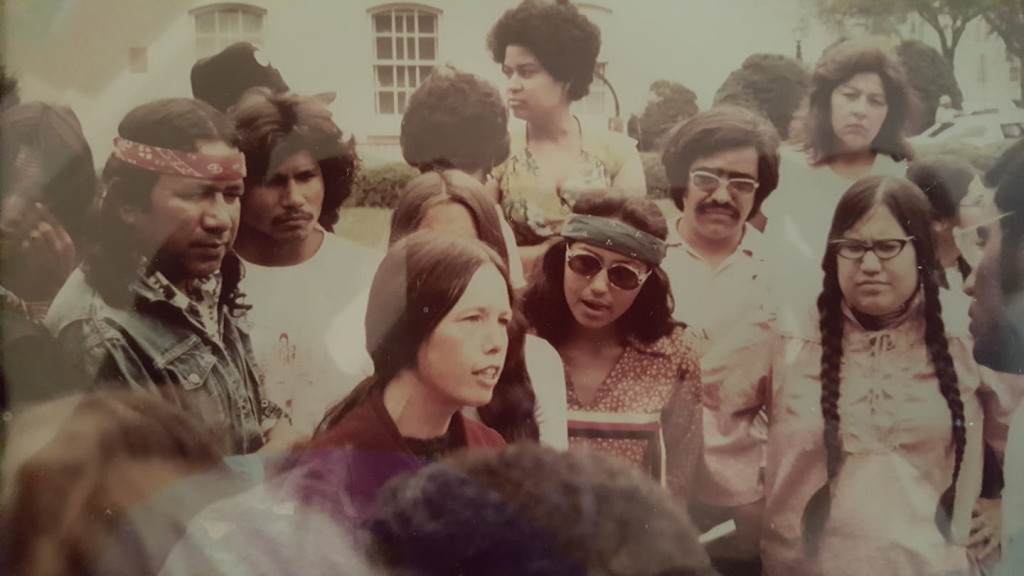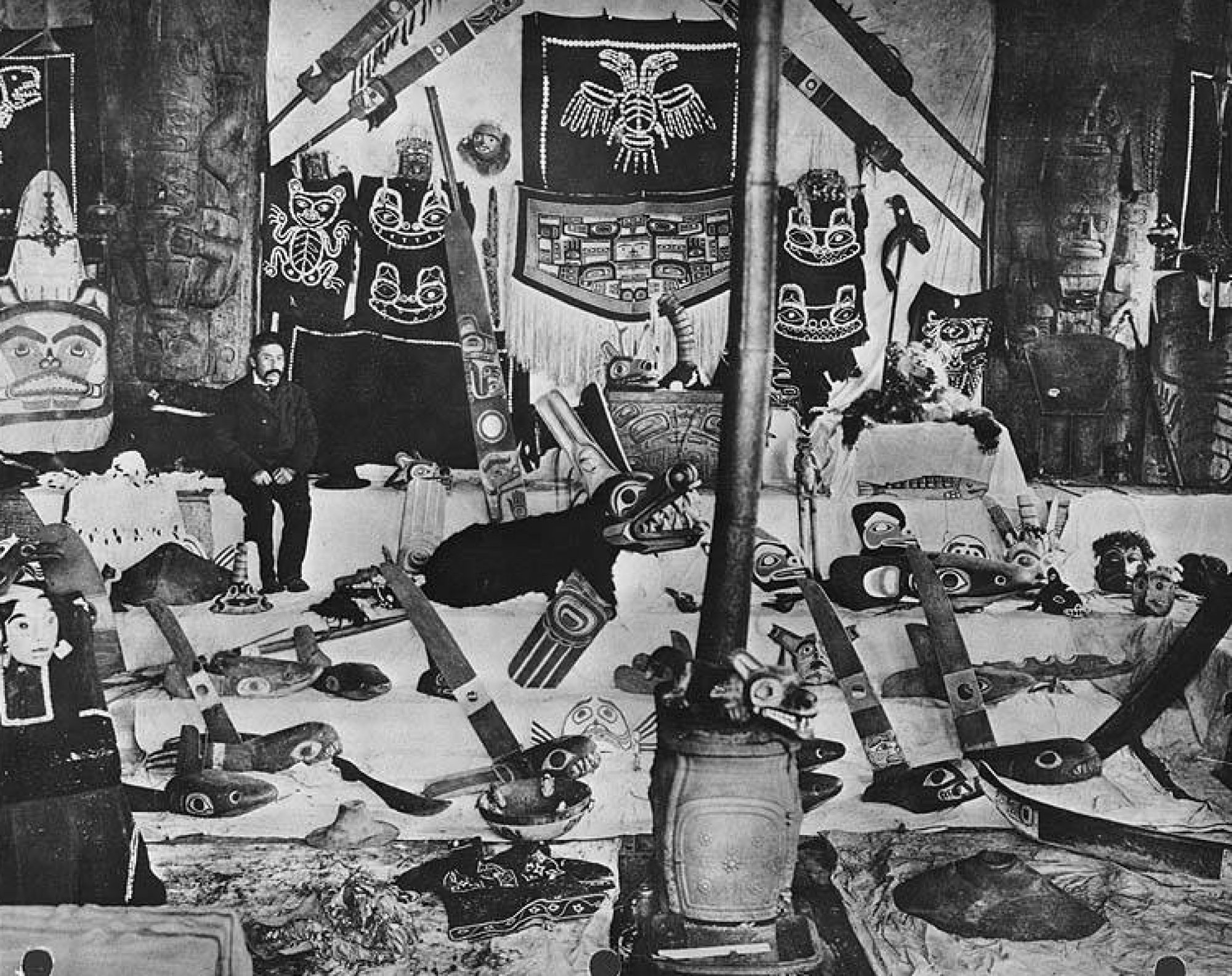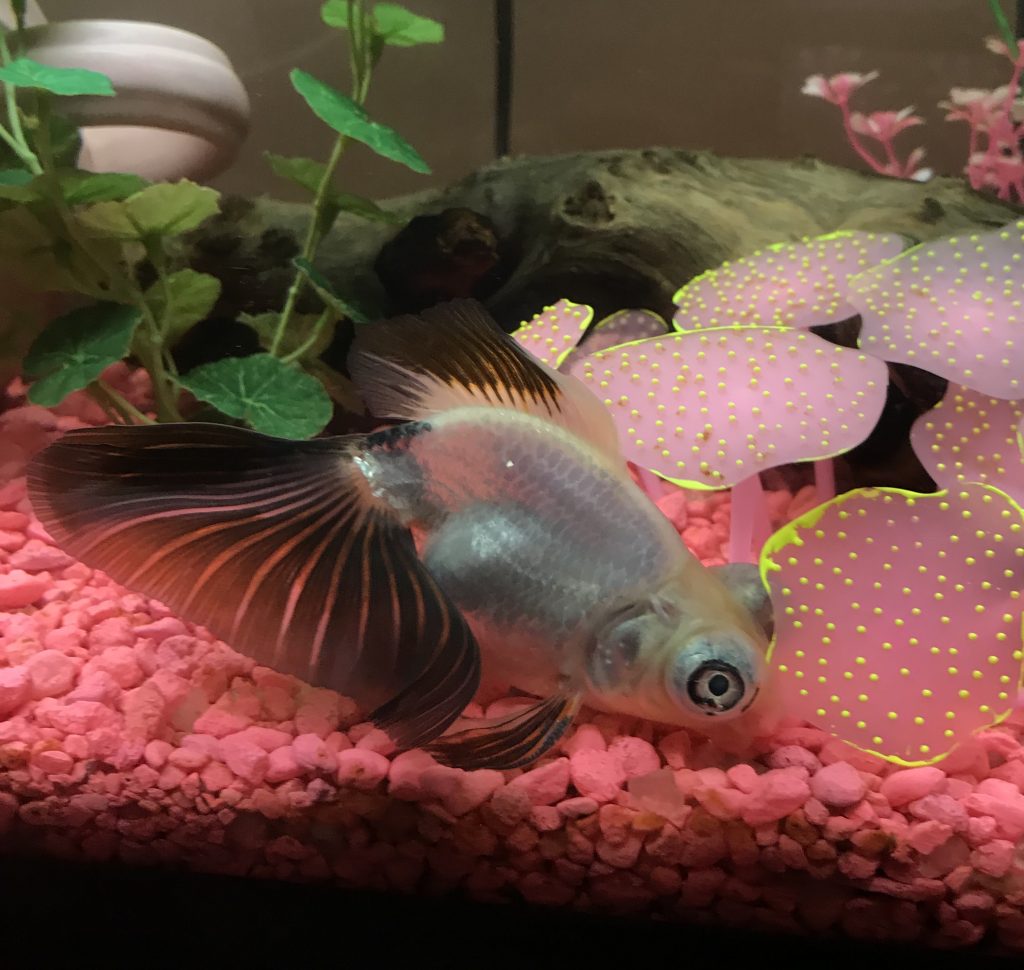Biographical Timeline | Leadership Qualities | Little Shell Chippewa Recognition | References
Compassionate
Throughout all of her as a hardworking activist, Ramona never lost sight of what it means to be a leader to her people. A big component of her leadership qualities is compassion; Ramona has always had the well-being of everyone in mind as she fought for more Tribal rights. In 1978, Ramona was able to secure the National Indian Child Welfare Act. This act was solely intended for assisting Native children who would be possibly mistreated by the WA child service laws, which might separate the child from their family. Adding to her generosity and selflessness toward children, she founded the Rainbow Youth and Family Services in 1989. The goal of this organization was to protect Native children from any hate, abuse, neglect, or anything traumatic. More than that, this organization would connect these children to foster parents or to parents who are learning about the process of adoption and would like to take these traumatized children into their families. Ramona’s compassion is not forgotten by many, even after the many years that may pass after she has performed kind deeds for others. When Claudia Kauffman presented Ramona with the 2018 Bernie Whitebear Award, she recalled how helpful Ramona was toward her family. In order to allow Kauffman’s family to attend yearly powwows, Ramona would pick them all up, feed them sandwiches and snacks, and drive them all to the powwows. The compassion that Ramona Bennett has for her Tribe as well as her friends and supporters is remarkable. To this day, Ramona is active in fighting for Tribal rights while still making sure that everyone around her is well-cared for and protected, making her an amazing example of a compassionate leader.
Inspiring
Almost all of Ramona Bennett’s achievements would have never come to fruition had she not been able to rally supporters into action. She inspires her people, and has been inspiring them since back in the 1960s. Ramona led her people in a misunderstanding between her people and the law enforcement that resulted in what is now known as the BIA Takeover of 1972. There were threats made by the U.S. government to break down the doors and barge into the BIA office to arrest the occupants, but Ramona stood strong against these words and performed in such a way that inspired the people with her to stand strong with her. Later, in 1976, Ramona again led her people to seize the Tacoma Cushman hospital, claiming it as the property of the Puyallup Tribe. Alone, Ramona would have been unable to perform such a feat. But she was not alone; she had accrued a following in her time as the Chairwoman of the Puyallup Tribe, and her followers readily marched with their leader to take back their property. Even in recent times, Ramona has been present in the protests against the Tacoma Natural Gas project that will ruin Puget Sound. There is no doubt that a strong activist like Ramona Bennett bolsters the the protestors and makes them fight harder against the gas project. More than that, she gave a speech back in 2012 demanding clemency for Leonard Peltier, adding more fuel to this fiery battle for Peltier. For her entire career as an activist, Ramona Bennett has managed some incredible feats. However, many of these feats were made possible through her ability to be an inspiring character that her people would readily want to follow through thick and thin.

Resilient
Despite enduring tumultuous hardships, Ramona has continued to advocate for the human rights of Indigenous peoples across America as well as Natives across the PNW. In the face of discrimination and violence, Ramona has accomplished and paved the way for multiple pieces of legislation to be passed. She has faced police brutality and numerous loses and setbacks but has continued to fight for Native rights for over sixty years. When she started participating in fish-ins she was not discouraged in the face of continuous police harassment and brutality. When police came with clubs and riffles, Ramona was arrested along with numerous other protesters, but she was soon bailed out and despite her fear, went back into the fray. In 2013 at a meeting for solidarity with Chief Theresa Spence, Ramona offered her own words on the perseverance of Indigenous activism: “Keep it up, keep shouting, keep fighting. If all you have is your body put it there. Your ancestors did, they fought for every right you enjoy! Freedom of religion, property, resources, and you know what your great great great grandchildren will do the same thing. That’s the indian, that’s who we are, that’s why we’re here.” At the age of 81, Ramona continues to fight for tribal rights today, as her own Puyallup tribe fights against a fracked gas facility being built on their land, and will most likely never stop. Her enduring spirit and unwavering devotion to her cause has inspired many to take up the fight for Indigenous rights and has allowed the Puyallup tribe to flourish. Her never-ending resilience throughout decades of turmoil has not only inspired others in her community but makes her a fantastic leader and shows what can be accomplished with dedication.

